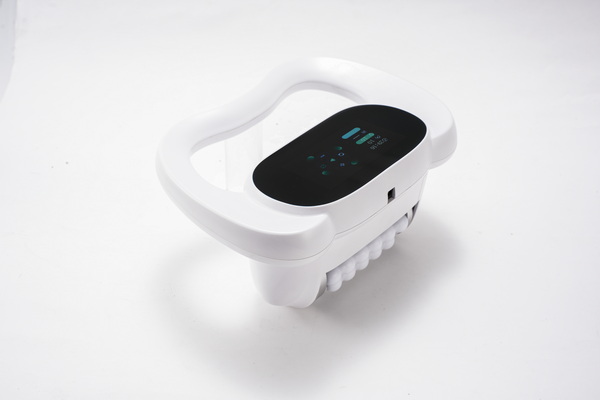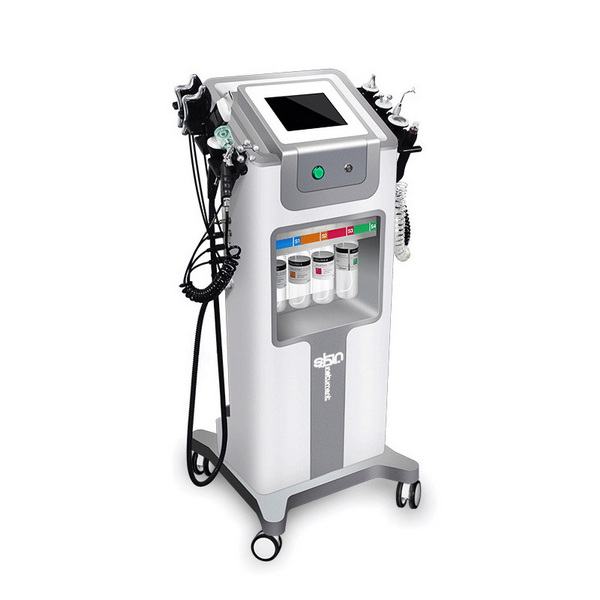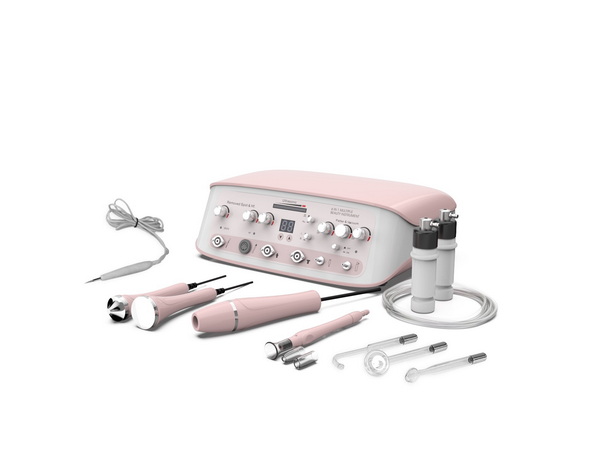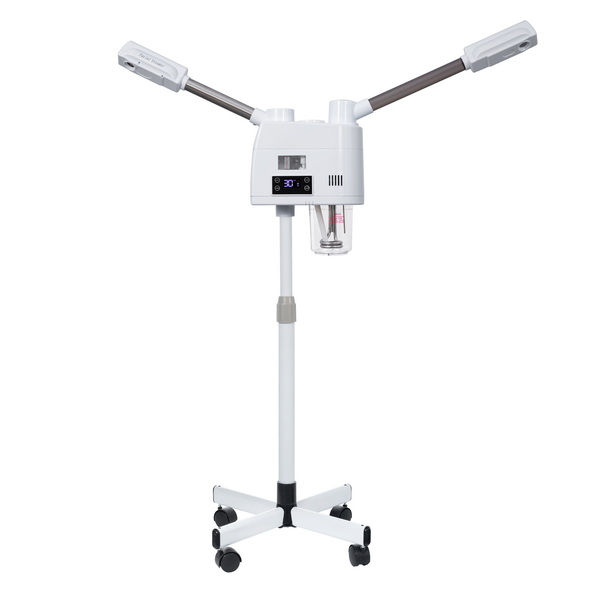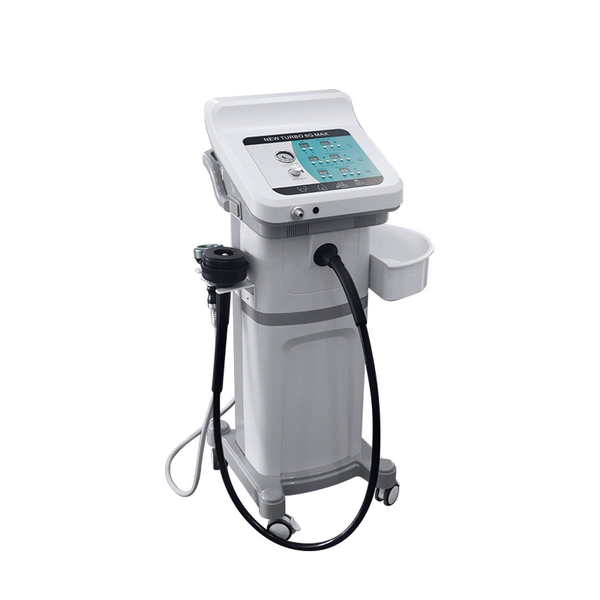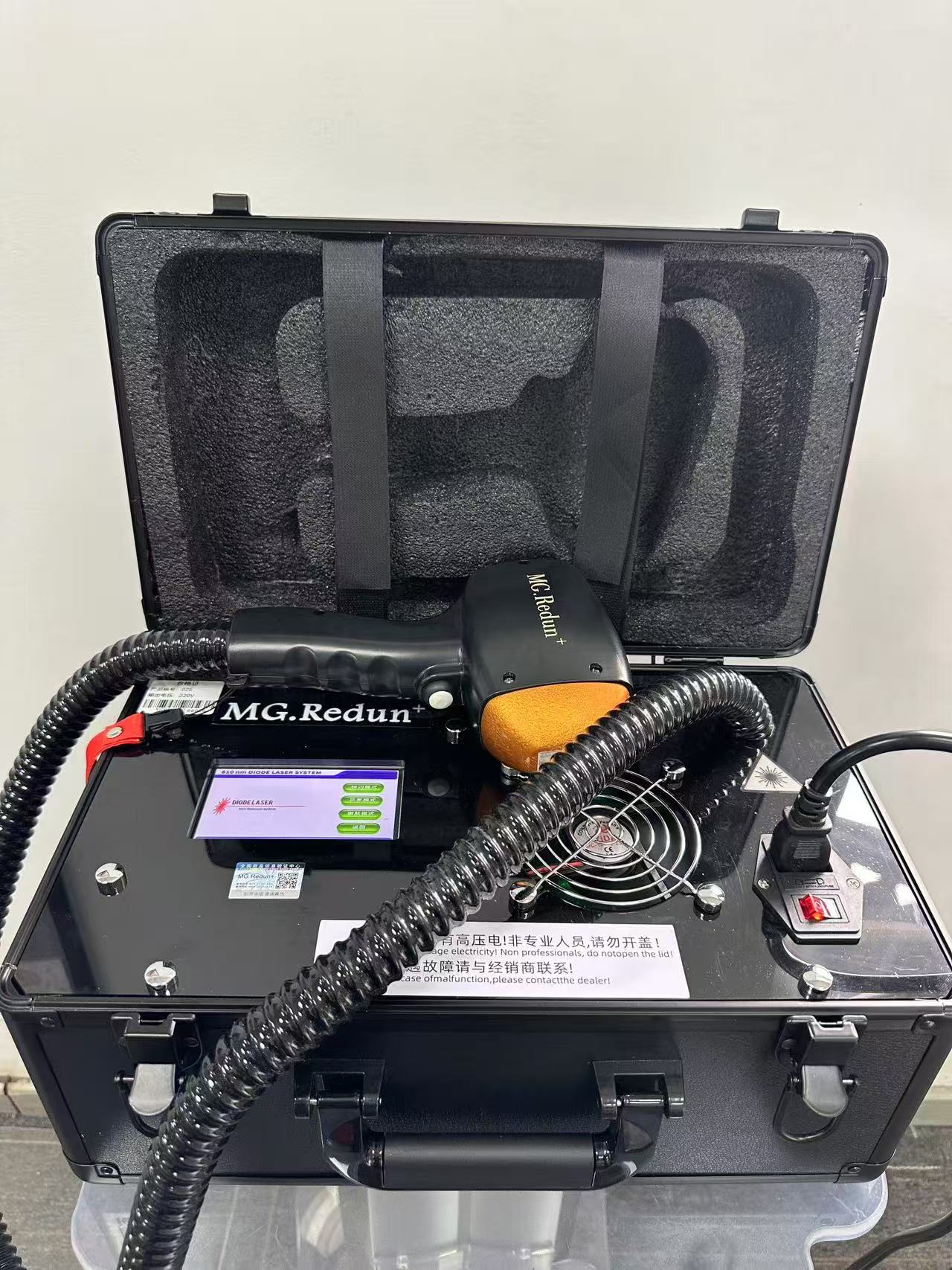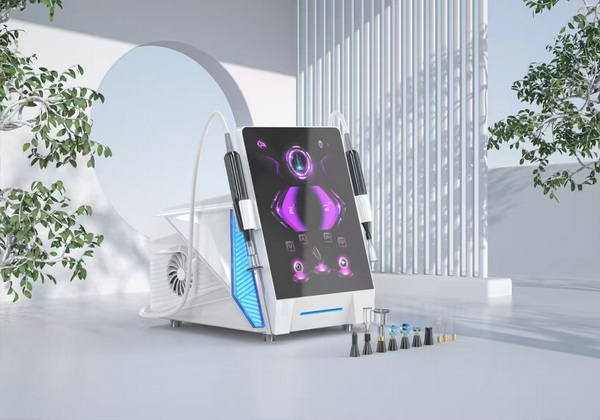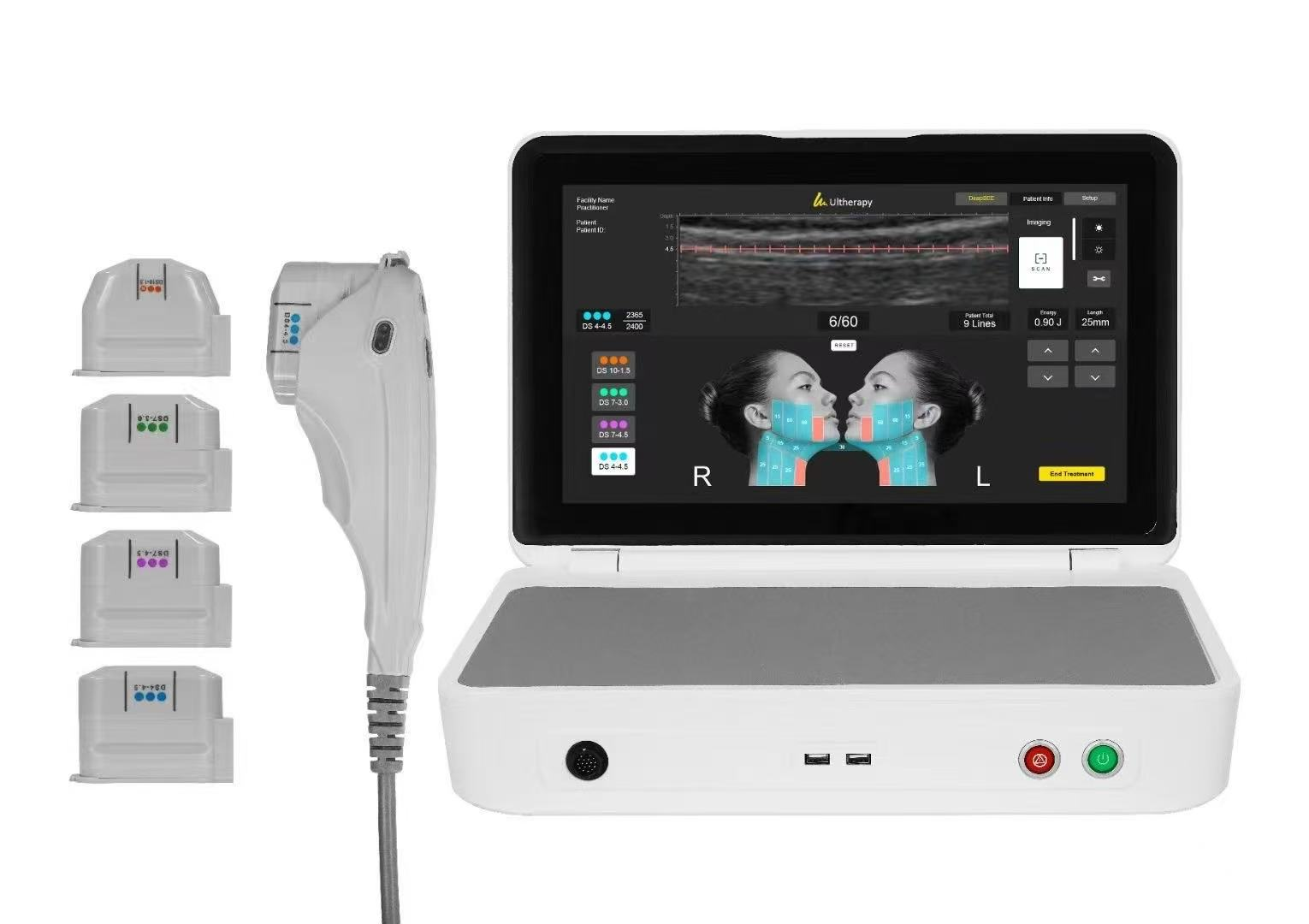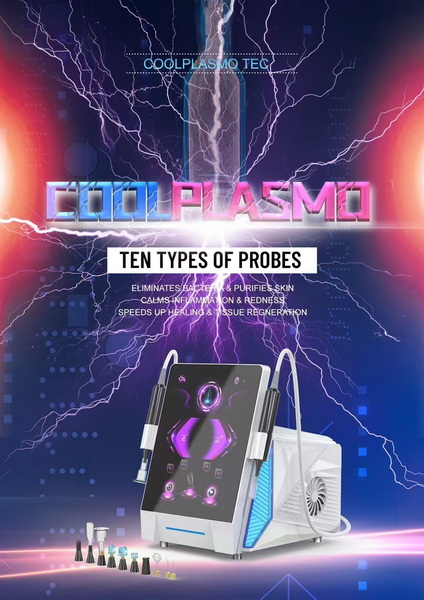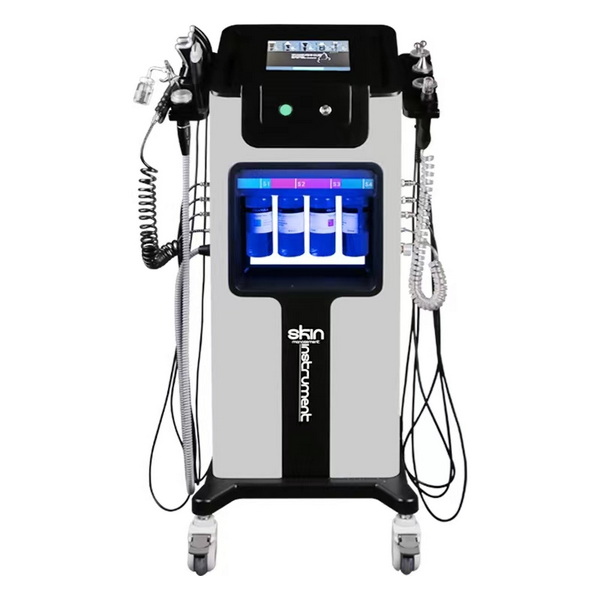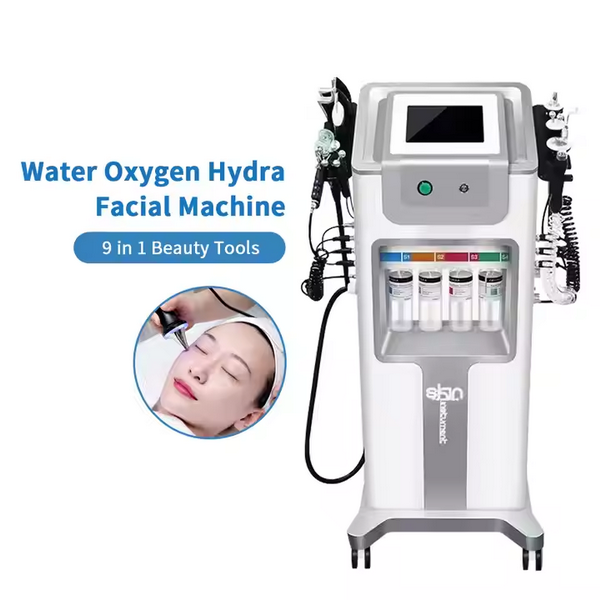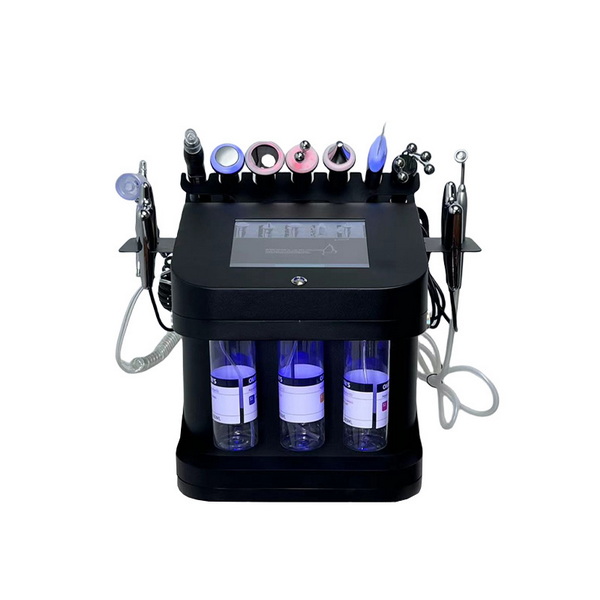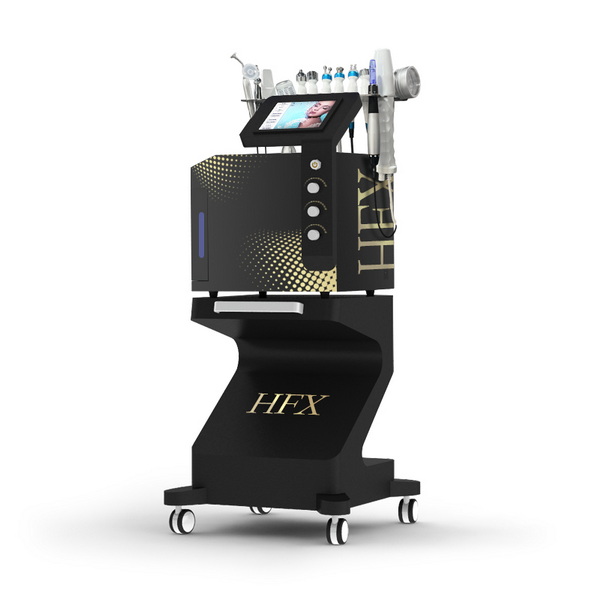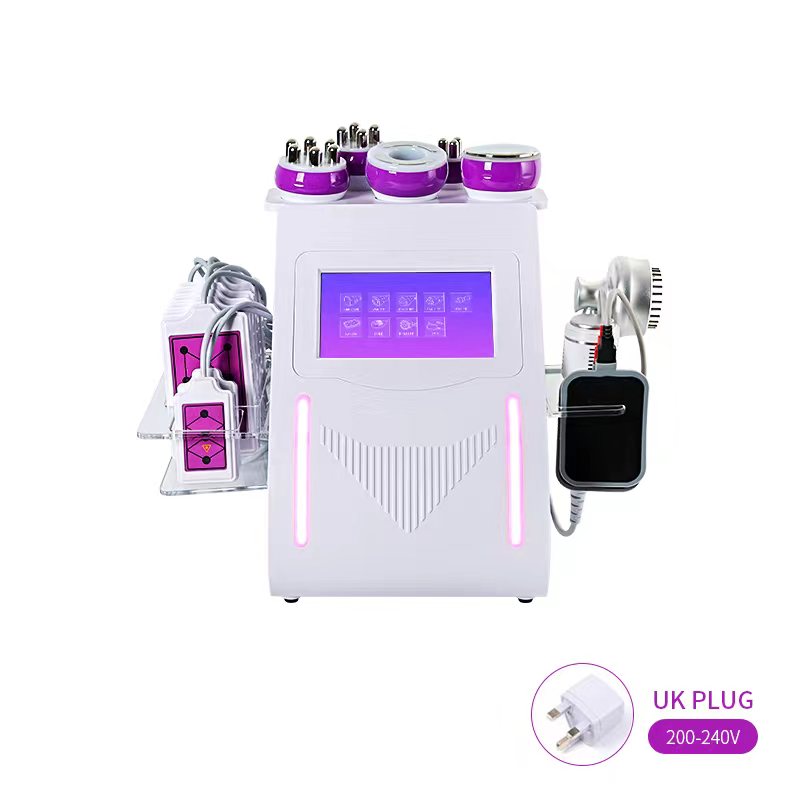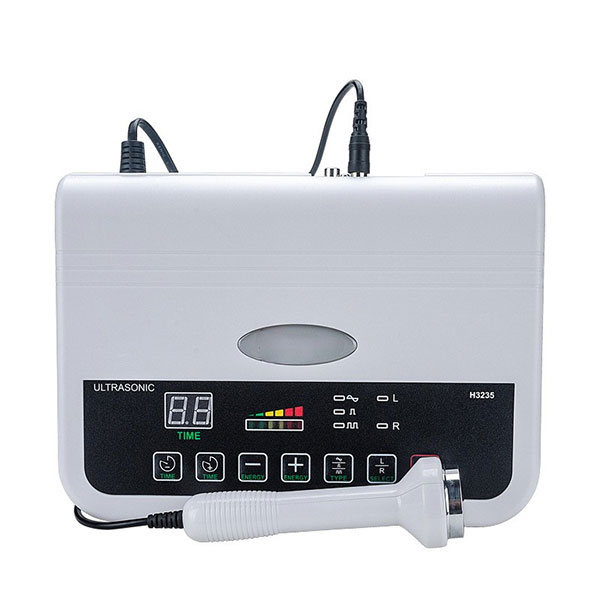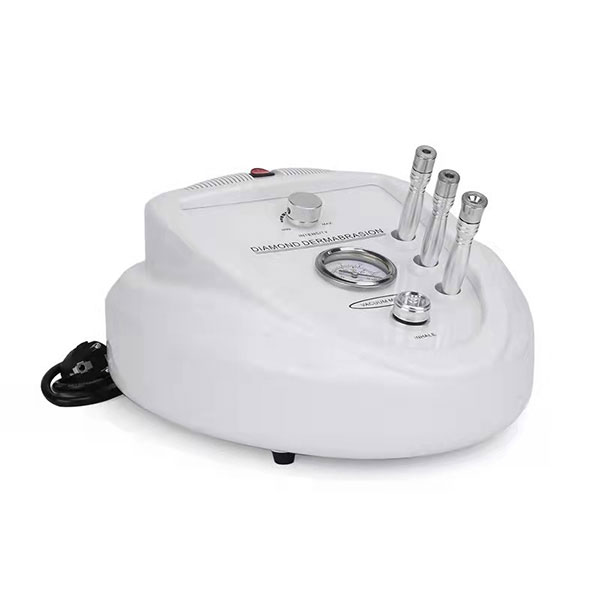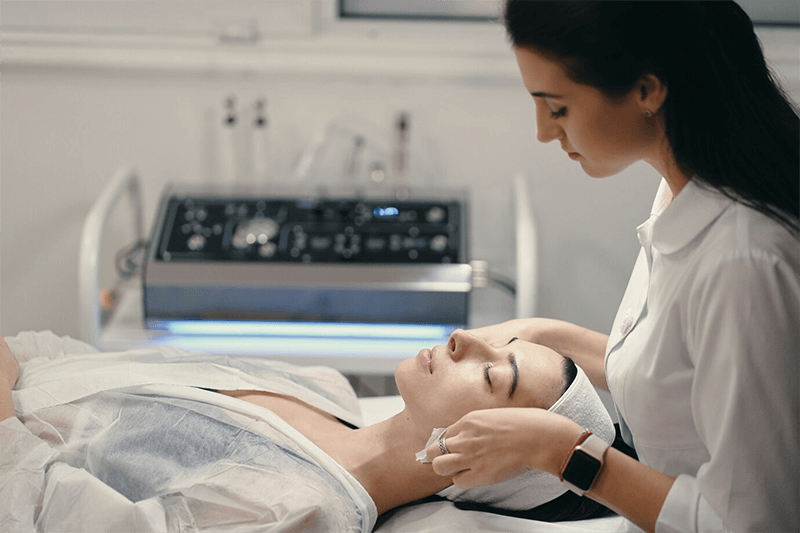Introduction to Skin Health Analyzers
In today’s rapidly advancing beauty and wellness industry, technology is transforming how we approach skincare. One of the most exciting innovations is the skin health analyzer, a device that allows professionals and consumers alike to deeply understand their skin’s condition and make informed decisions about skincare routines and treatments. Whether you’re an aesthetician, dermatologist, or skincare enthusiast, a skin health analyzer offers unparalleled insights into skin health, including hydration, pigmentation, pores, wrinkles, and more.
What is a Skin Health Analyzer?
A skin health analyzer is a high-tech device designed to assess various aspects of your skin’s condition using advanced sensors, artificial intelligence, and sometimes LED light technology. These analyzers work by taking precise measurements of the skin’s surface and subsurface, offering a detailed report that can help guide skincare professionals in recommending personalized products or treatments.
These devices typically assess factors such as:
- Skin texture (smoothness, wrinkles)
- Moisture levels
- Pigmentation (dark spots, discoloration)
- Pore size and visibility
- Elasticity
- UV damage (sun exposure)
With such an in-depth analysis, a skin health analyzer can provide valuable information that is hard to assess with the naked eye.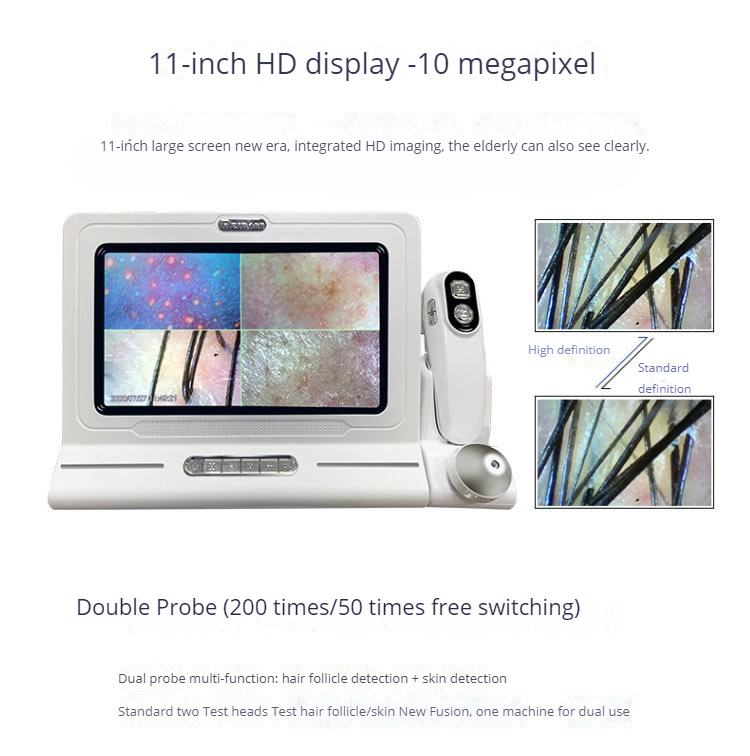
Why Skin Health Analyzers Are Essential for Skincare
Personalized Skincare Recommendations
The beauty of using a skin health analyzer lies in its ability to create a personalized skincare routine. Everyone’s skin is unique, and a one-size-fits-all approach doesn’t always work. By analyzing your skin’s specific needs, a skin health analyzer can offer detailed insights into which products will work best for you, whether you need extra hydration, anti-aging solutions, or products that address acne-prone skin.
Early Detection of Skin Problems
Regular use of a skin health analyzer allows you to monitor changes in your skin’s health over time. Early detection of issues like UV damage, dehydration, or the formation of wrinkles can help prevent these problems from worsening. By identifying potential skin concerns early, you can take preventive action to protect and improve your skin.
Professional Skin Analysis
A skin health analyzer is not just a tool for consumers but also an invaluable resource for skincare professionals. Dermatologists, estheticians, and other professionals use these devices to assess clients’ skin in greater detail, allowing them to recommend more effective treatments. This level of precision improves the effectiveness of facials, skincare consultations, and treatments.
How Does a Skin Health Analyzer Work?
The Technology Behind Skin Health Analyzers
Skin health analyzers typically operate on a combination of technologies, including:
- Optical and digital sensors: These sensors capture images of the skin’s surface and analyze the light reflected from different layers of the skin. These readings help determine skin health indicators like hydration levels, pigmentation, and pore size.
- Ultraviolet (UV) light: Some skin analyzers use UV light to assess underlying skin damage that’s invisible to the naked eye, such as sunspots or early-stage pigmentation issues.
- LED light technology: Certain devices use LED light to improve skin health or to help with treatments like acne or anti-aging.
- Artificial intelligence (AI): AI algorithms process the data collected by the sensors and provide a comprehensive skin report, offering tailored recommendations for treatment.
Detailed Skin Health Assessment
A skin health analyzer typically works by scanning the skin’s surface. The device then generates a detailed report, breaking down various skin conditions:
- Hydration Levels: Measures how well your skin is retaining moisture.
- Pigmentation: Identifies uneven skin tone and age spots.
- Pores and Elasticity: Analyzes the size and visibility of pores, as well as skin elasticity.
- Wrinkle Depth: Detects fine lines and deeper wrinkles.
- UV Damage: Scans for sun exposure effects, such as premature aging or sun spots.
By providing a snapshot of your skin’s health, a skin analyzer offers valuable insight into how you can best treat and protect your skin.
Benefits of Using a Skin Health Analyzer
1. Precise Skin Analysis for Better Treatment
With a skin health analyzer, you can assess your skin’s unique characteristics. This data helps you choose the most effective skincare treatments or products. For example, a person with high levels of dehydration might benefit from a hydrating serum, while someone with sun damage may need antioxidant-rich products. By offering precision, a skin health analyzer ensures that your skincare regimen is tailored to your exact needs.
2. Helps Track Progress Over Time
Over time, you can use the skin health analyzer to track improvements or changes in your skin’s condition. Whether you’re following a skincare regimen or undergoing specific treatments, these devices can measure how well your skin is responding, allowing for adjustments when necessary.
3. Prevention is Key
Rather than waiting for visible problems like wrinkles or pigmentation to appear, using a skin health analyzer helps you take preventive measures early. Identifying underlying issues like dehydration or UV damage can lead to proactive skincare, preventing further skin damage before it becomes visible.
4. Faster, More Accurate Results
Using a skin health analyzer gives immediate, accurate readings, eliminating the guesswork involved in determining your skin’s health. This level of precision is not easily attainable with traditional methods, allowing for more effective treatments and skincare solutions.
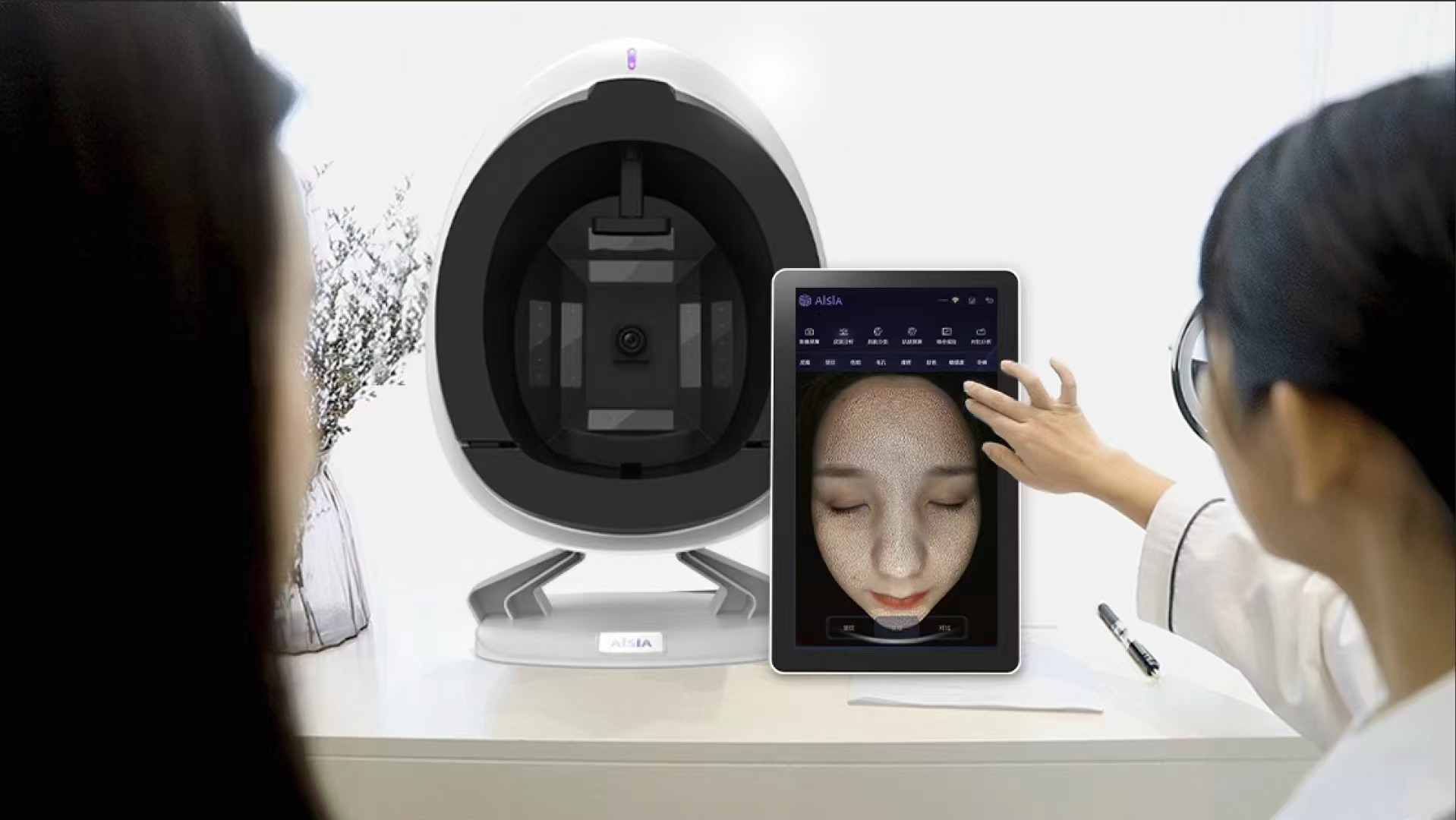
Types of Skin Health Analyzers
There are several types of skin health analyzers, each offering unique features:
1. Handheld Devices
Handheld skin analyzers are small, portable tools that can be used at home or in professional settings. These devices are user-friendly and provide instant feedback on various aspects of your skin’s health.
2. Desktop Devices
Desktop analyzers are typically larger, more advanced devices often used by professionals in spas, clinics, and dermatology offices. These machines offer a deeper analysis and provide a comprehensive skin health report.
3. Mobile App-Based Analyzers
Some newer devices connect with smartphones, using specialized apps to provide a skin health analysis. These are convenient for people who prefer to track their skin health on the go.
Using a Skin Health Analyzer at Home
While professional-grade skin health analyzers are commonly found in spas and dermatology clinics, there are also many devices available for at-home use. These devices are more affordable and easy to use, offering detailed skin assessments in the comfort of your home.
Key Features to Look for in At-Home Devices:
- Ease of Use: Choose a device that’s simple to operate with clear instructions.
- Battery Life: Look for long-lasting battery life, especially if you plan on using the device regularly.
- Real-Time Feedback: Opt for devices that provide instant analysis and results.
- Portable Design: Consider a portable design for convenient use at home or on the go.
The Future of Skin Health Analyzers
The future of skin health analyzers looks incredibly promising, with technological advancements continuing to improve these devices. AI and machine learning will enhance their precision, enabling even more personalized skincare solutions. Additionally, new sensors and technologies may provide even deeper insights into skin health, allowing us to address skin issues before they even become visible.
Conclusion
A skin health analyzer is an indispensable tool for anyone serious about skincare. It offers in-depth, personalized insights into your skin’s health, helping you make informed decisions about products and treatments. Whether you’re a skincare professional or simply someone who wants to better understand their skin, this innovative technology can provide the ultimate in skin care analysis and improvement.

